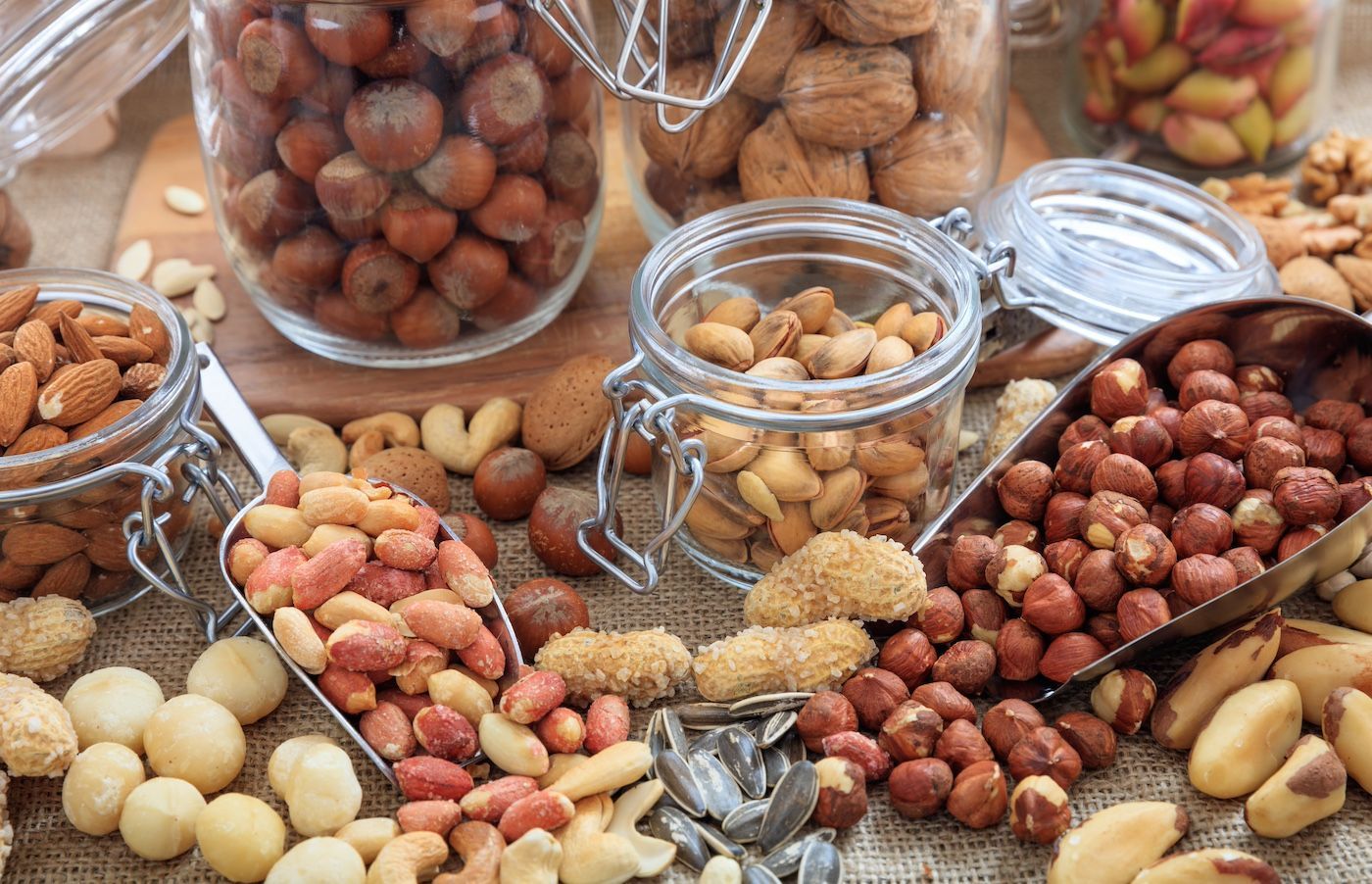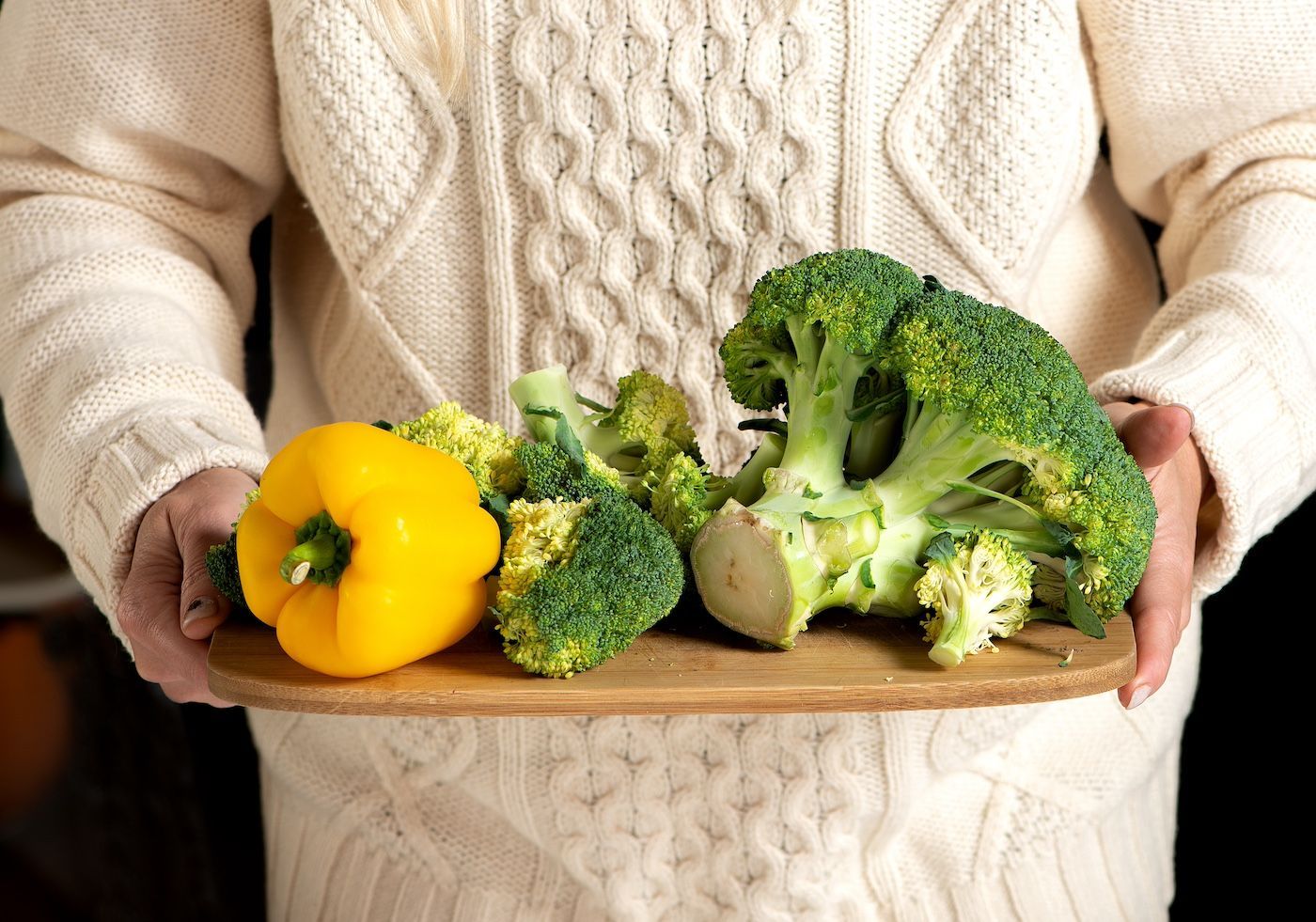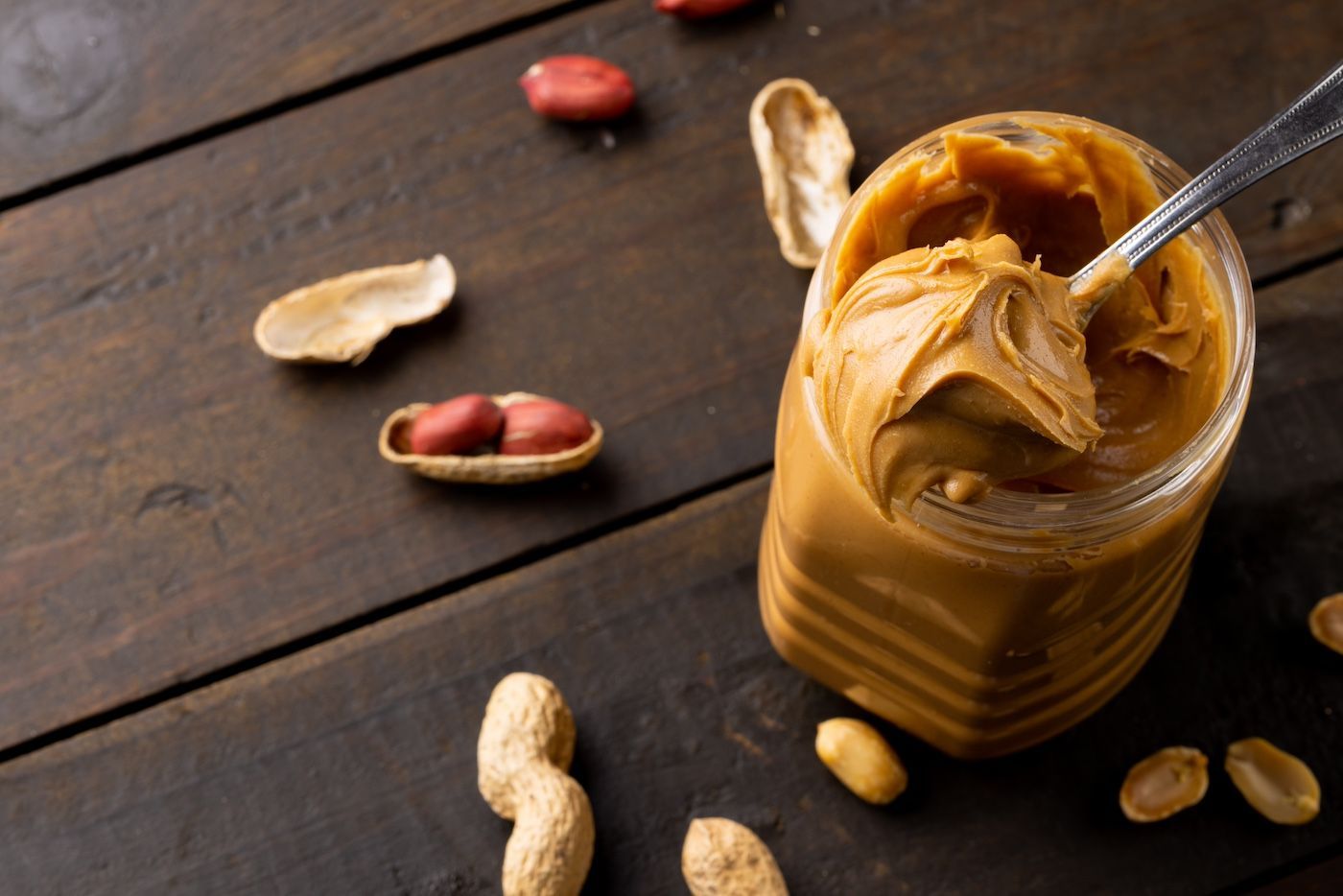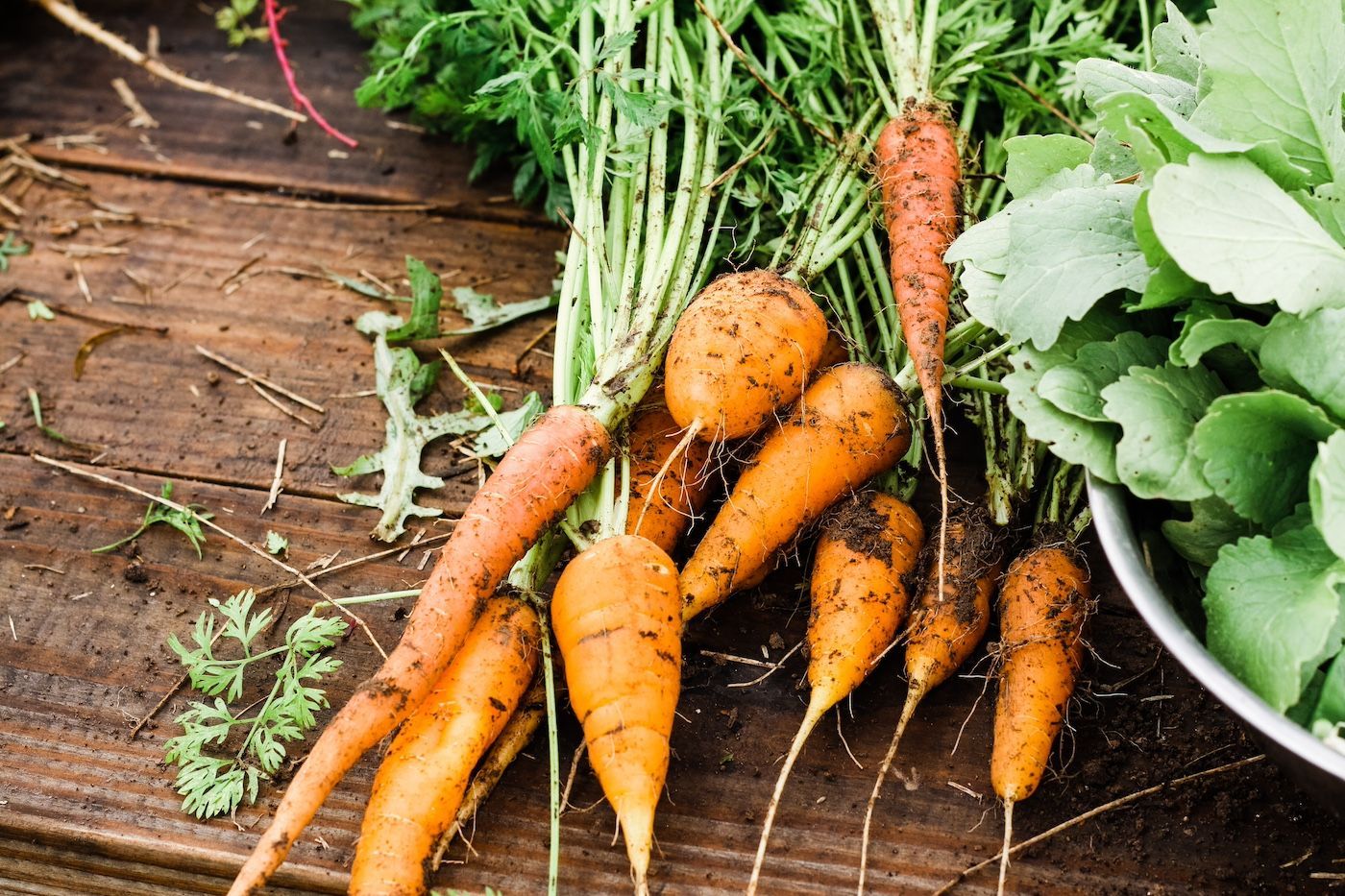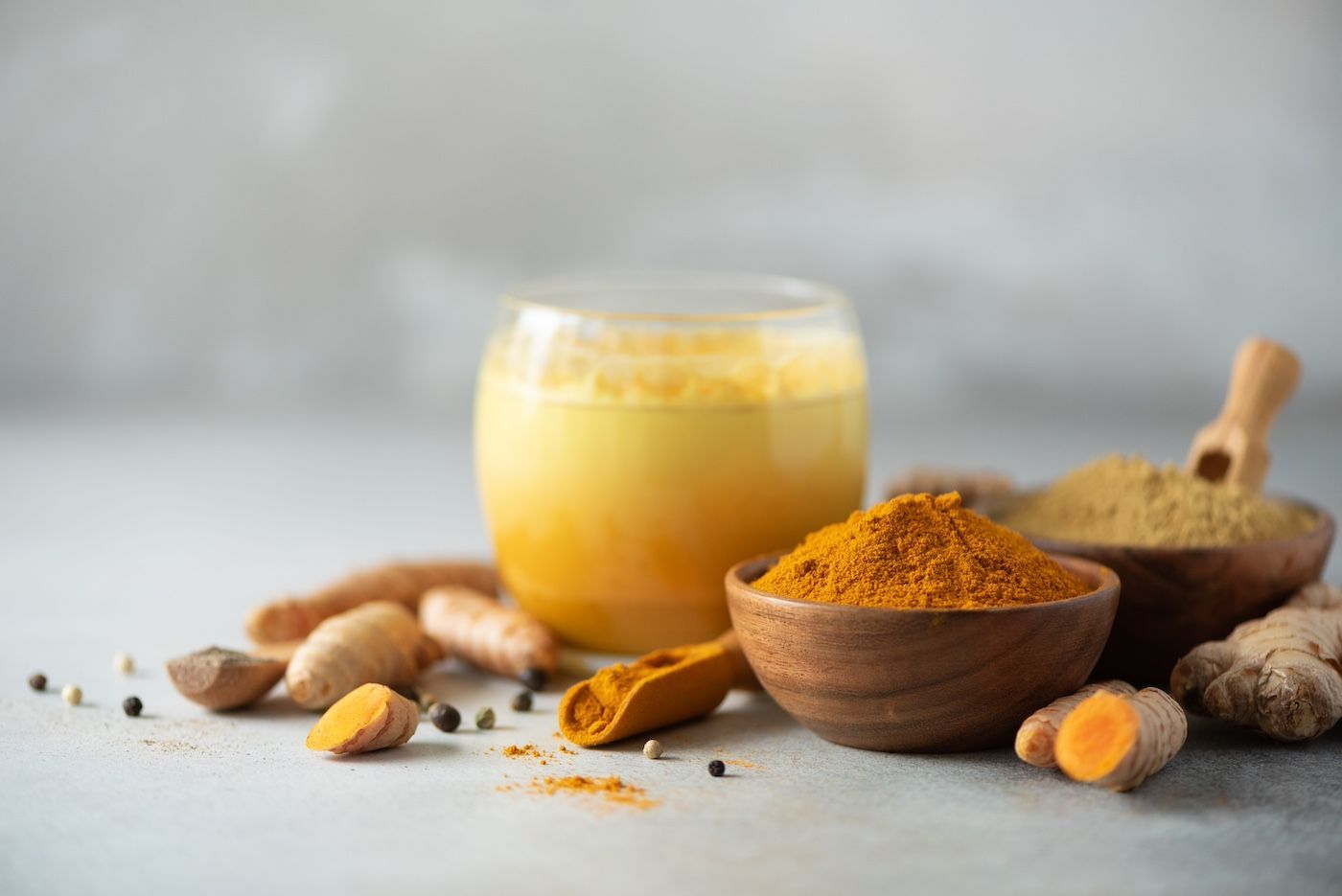Chews Your Health
Artichokes
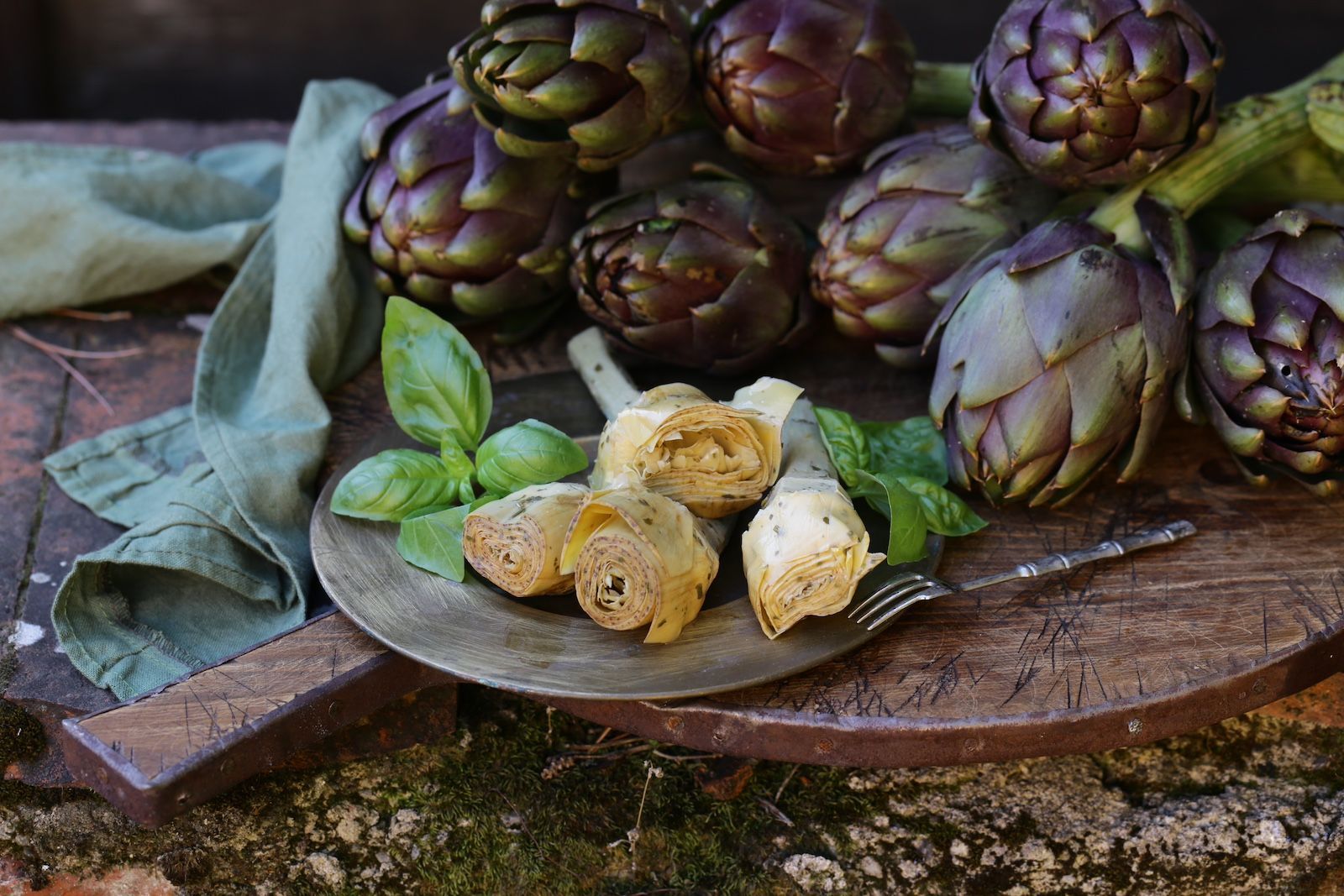
Artichokes are from the Mediterranean. Common varieties are globe (ranging from medium, tennis ball size, to large) and the baby artichoke (same as the globe, but picked closer to the ground and smaller). The “heart” of the artichoke is the tender bud of the flower and is sweet in flavor. The leaves of the artichoke are mild and nutty in flavor, similar to asparagus.
HEALTH BENEFITS
Antioxidants: quercetin found in artichokes can prevent cancerous growths. Can prevent premature aging in cells, improving appearance of skin.
Fiber: one artichoke contains 10g of fiber. This can help with digestive health by improving regularity and preventing colon cancer. Inulin found in artichokes is a prebiotic, which helps increase probiotic health and improves gut health.
Cardiovascular health: artichokes can help with inflammation, improve blood flow, and help regulate cholesterol levels.
Potassium found in artichokes helps to alleviate high blood pressure.
Liver health: artichokes can increase bile production (due to the phytonutrient cynarin) from the liver, therefore eliminating toxins and lipids from the body.
Vitamin C found in artichokes is integral to skin health (due to its role in collagen production) and immune health.
Vitamin K is useful in bone health and blood coagulation.
SELECTION & STORAGE
Canned and jarred artichoke hearts can be found in grocery stores. Keep in mind canned/jarred items usually have increased sodium levels and may contain added oil, sugar, and other preservatives.
Fresh artichokes are found in the produce section of the grocery store. Look for bright green and healthy leaves without decay. You want your selection to be firm and heavy.
To store fresh artichokes, keep in airtight plastic bag in the crisper section of the refrigerator for up to 5 days. Wash right before use.
HOW TO USE
Artichoke hearts can be used as an addition to pasta, soups, and salads; other roasted, braised, or sauteed vegetables; in frittatas; made into hummus; marinated in olive oil as an antipasto, or even as a side dish to your choice of protein.
Whole artichokes can be cut in half and roasted or braised accompanied with other vegetables or a protein. Try stuffing them with parmesan and homemade breadcrumbs for a heartier dish.
Whole artichokes can be steamed or grilled. Use the leaves to scoop up your choice of dip, like an aioli or hummus.
TAKE NOTE
An allergic reaction may occur in those who have allergies to flowers such as ragweed, daisies, and marigold.
For those who are prone to gallstones, consult with your doctor before consumption due to artichoke’s effect on increasing bile flow.

